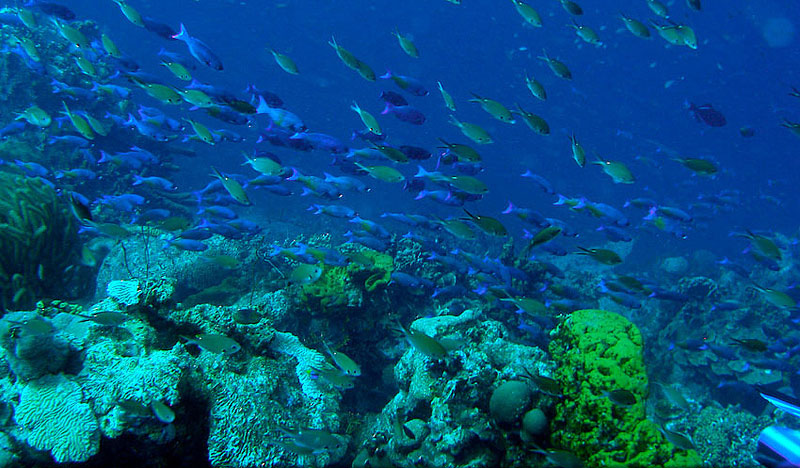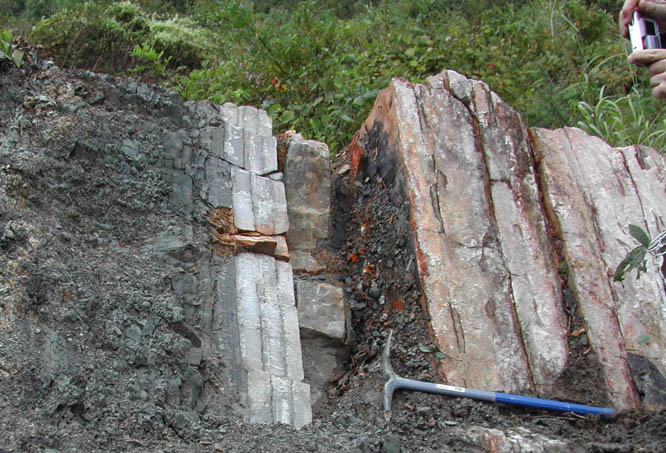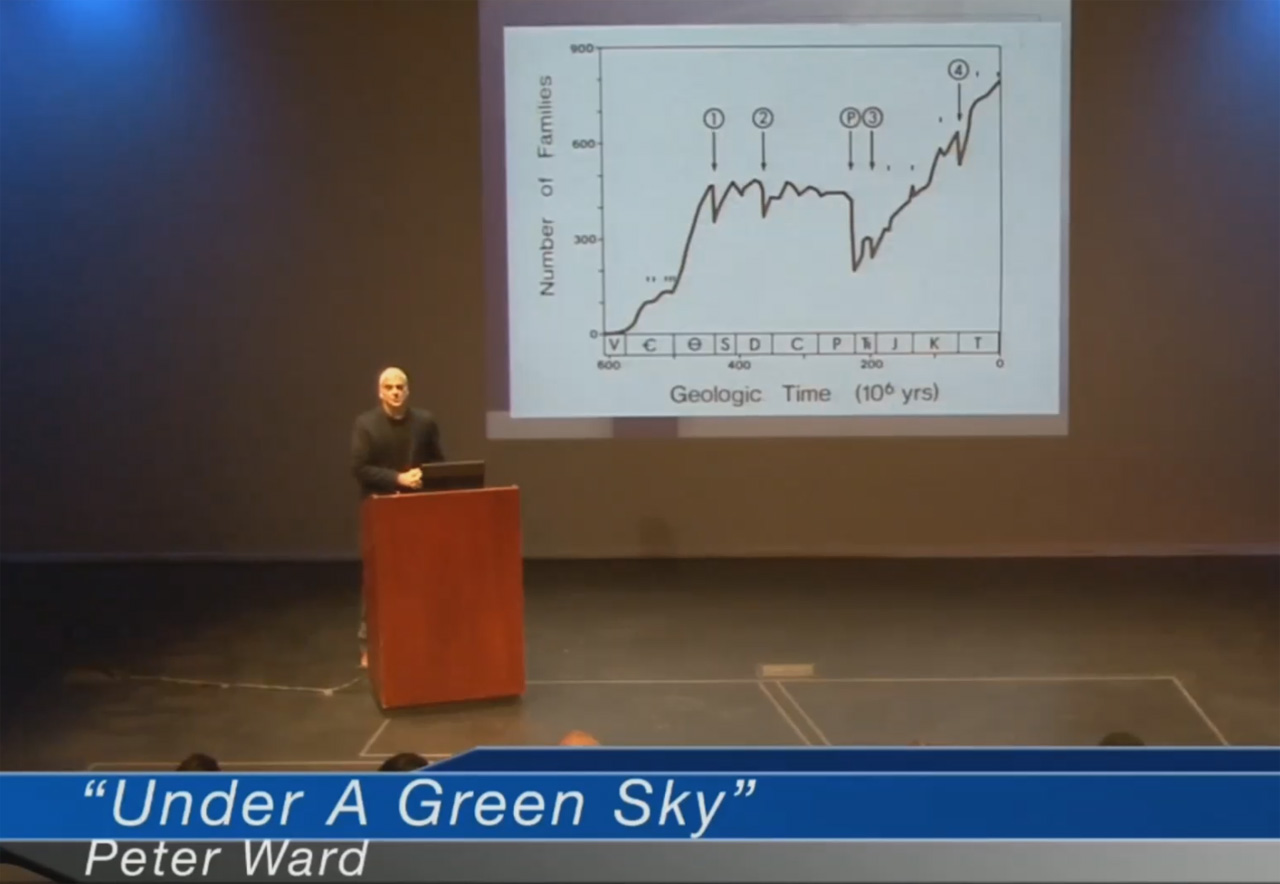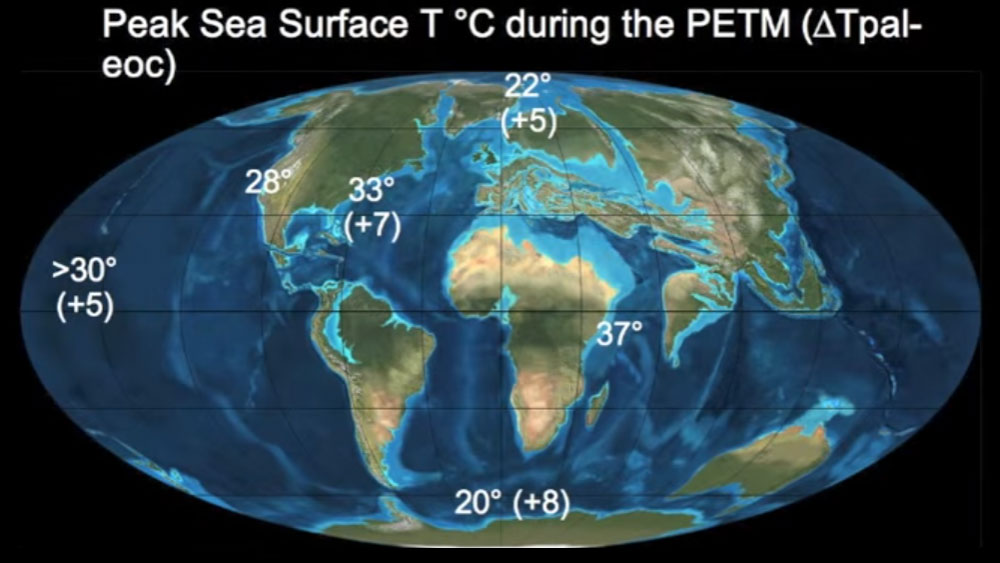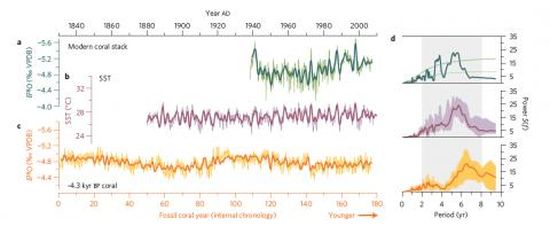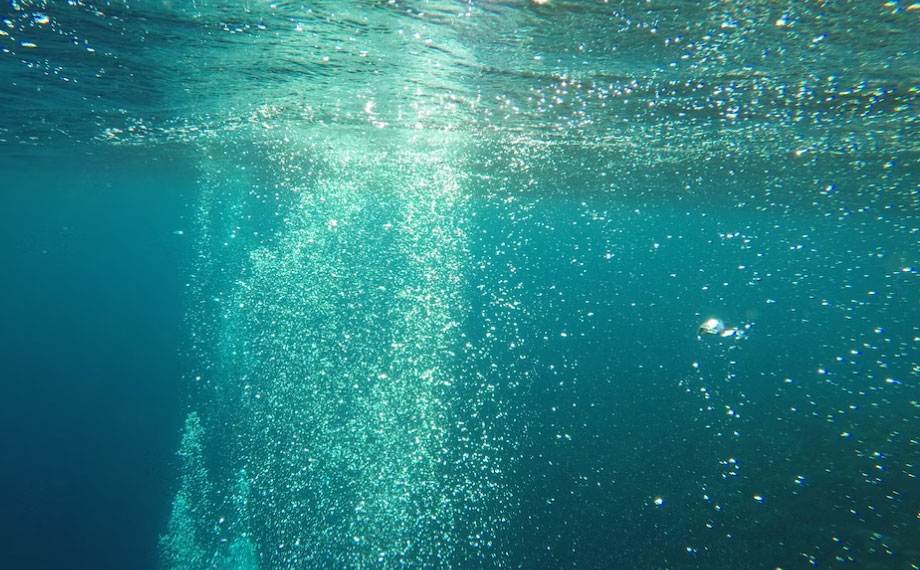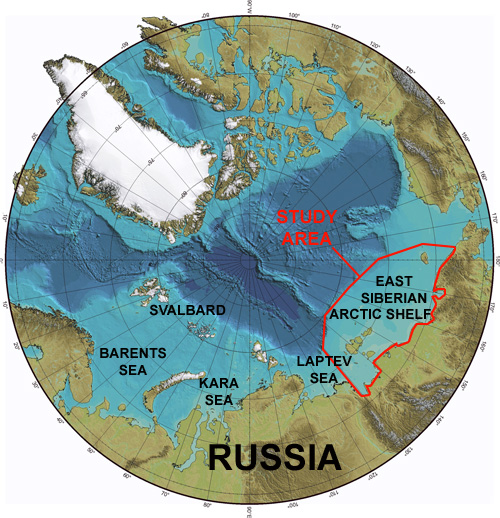The 2013 report on the State of the Ocean, by IPSO can […]
Oceanic heat content (OHC) is the heat stored in the ocean. Oceanography and climatology are […]
Reconstructing the history of euxinia in a coastal sea Caroline […]
Brown Bag Lecture Series; Center for Student Engagement & Leadership; […]
Presented by James Zachos, Ph.D., University of California at Santa […]
Via Phys.org September 11, 2013: Global warming could impact the […]
Excerpts from an episode of History Channel’s “Mega Disasters” series. […]
A compilation of related science with some commentary. Microbes in […]
